



Discover more integrations
No items found.
Get in touch CTA Section
Lorem ipsum dolor sit amet, consectetur adipiscing elit, sed do eiusmod tempor incididunt ut labore et dolore magna aliqua.
Frequently asked questions
Can Sifflet help reduce false positives during holidays or special events?
Absolutely! We know that data patterns can shift during holidays or unique business dates. That’s why Sifflet now lets you exclude these dates from alerts by selecting from common calendars or customizing your own. This helps reduce alert fatigue and improves the accuracy of anomaly detection across your data pipelines.
What exactly is data freshness, and why does it matter so much in data observability?
Data freshness refers to how current your data is relative to the real-world events it's meant to represent. In data observability, it's one of the most critical metrics because even accurate data can lead to poor decisions if it's outdated. Whether you're monitoring financial trades or patient records, stale data can have serious business consequences.
What non-quantifiable benefits can data observability bring to my organization?
Besides measurable improvements, data observability also boosts trust in data, enhances decision-making, and improves the overall satisfaction of your data team. When your team spends less time debugging and more time driving value, it fosters a healthier data culture and supports long-term business growth.
Why is declarative lineage important for data observability?
Declarative lineage is a game changer because it provides a clear, structured view of how data flows through your systems. This visibility is key for effective data pipeline monitoring, root cause analysis, and data governance. With Sifflet’s approach, you can track upstream and downstream dependencies and ensure your data is reliable and well-managed.
What role did data observability play in Carrefour’s customer engagement strategy?
Data observability was crucial in maintaining high data quality for loyalty programs and marketing campaigns. With real-time metrics and anomaly detection in place, Carrefour was able to improve customer satisfaction and retention through more accurate and timely insights.
Can I customize how alerts are routed to ServiceNow from Sifflet?
Absolutely! You can customize routing based on alert metadata like domain, severity, or affected system. This ensures the right team gets notified without any manual triage, making your data pipeline monitoring more actionable and reliable.
How can I detect silent failures in my data pipelines before they cause damage?
Silent failures are tricky, but with the right data observability tools, you can catch them early. Look for platforms that support real-time alerts, schema registry integration, and dynamic thresholding. These features help you monitor for unexpected changes, missing data, or drift in your pipelines. Sifflet, for example, offers anomaly detection and root cause analysis that help you uncover and fix issues before they impact your business.
What kinds of metrics can retailers track with advanced observability tools?
Retailers can track a wide range of metrics such as inventory health, stock obsolescence risks, carrying costs, and dynamic safety stock levels. These observability dashboards offer time-series analysis and predictive insights that support better decision-making and improve overall data reliability.



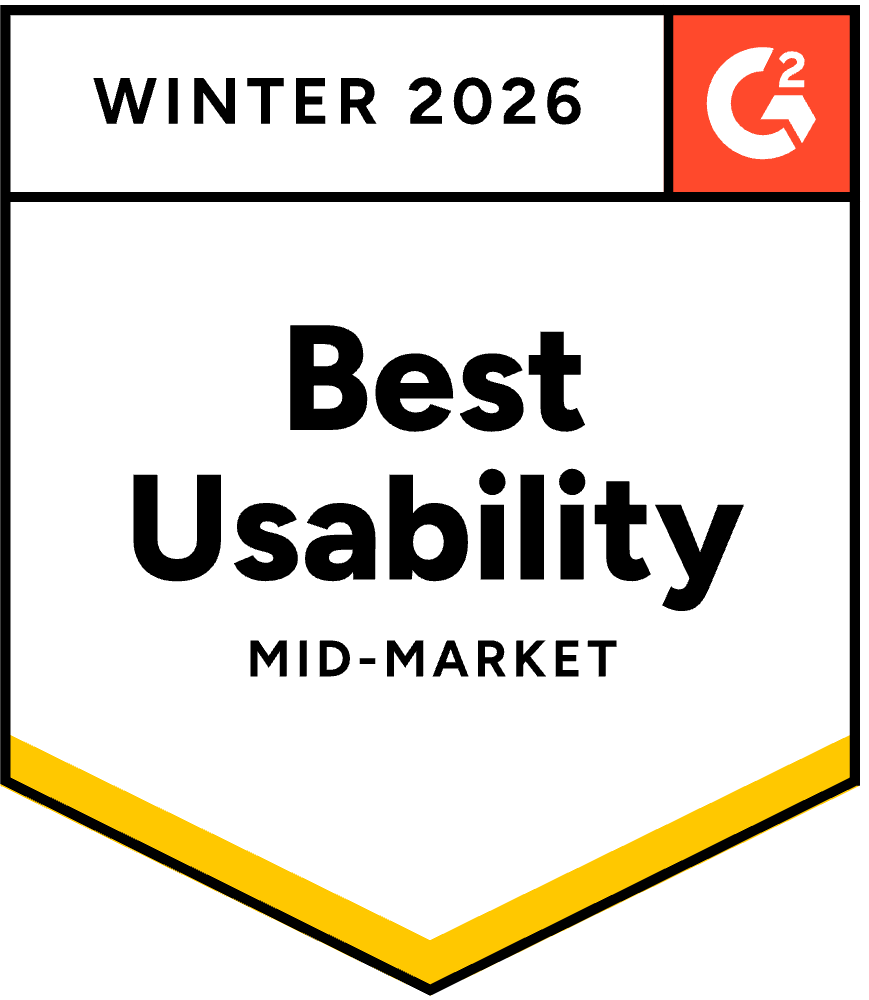

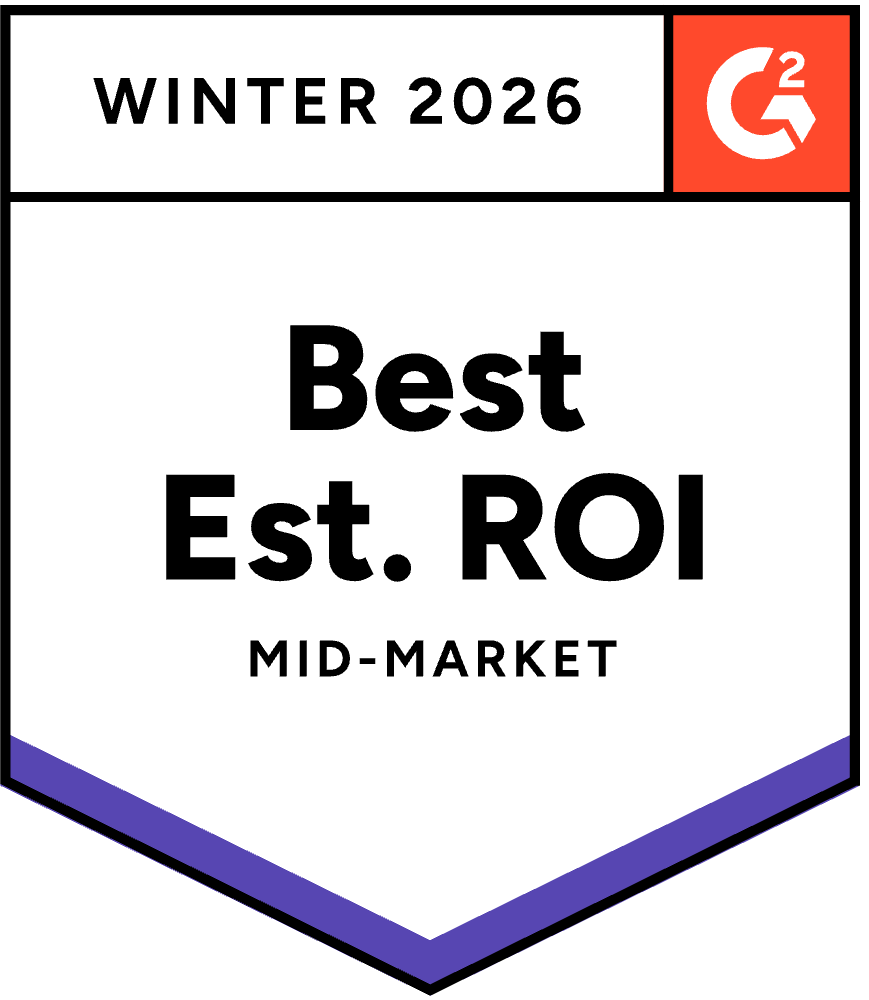
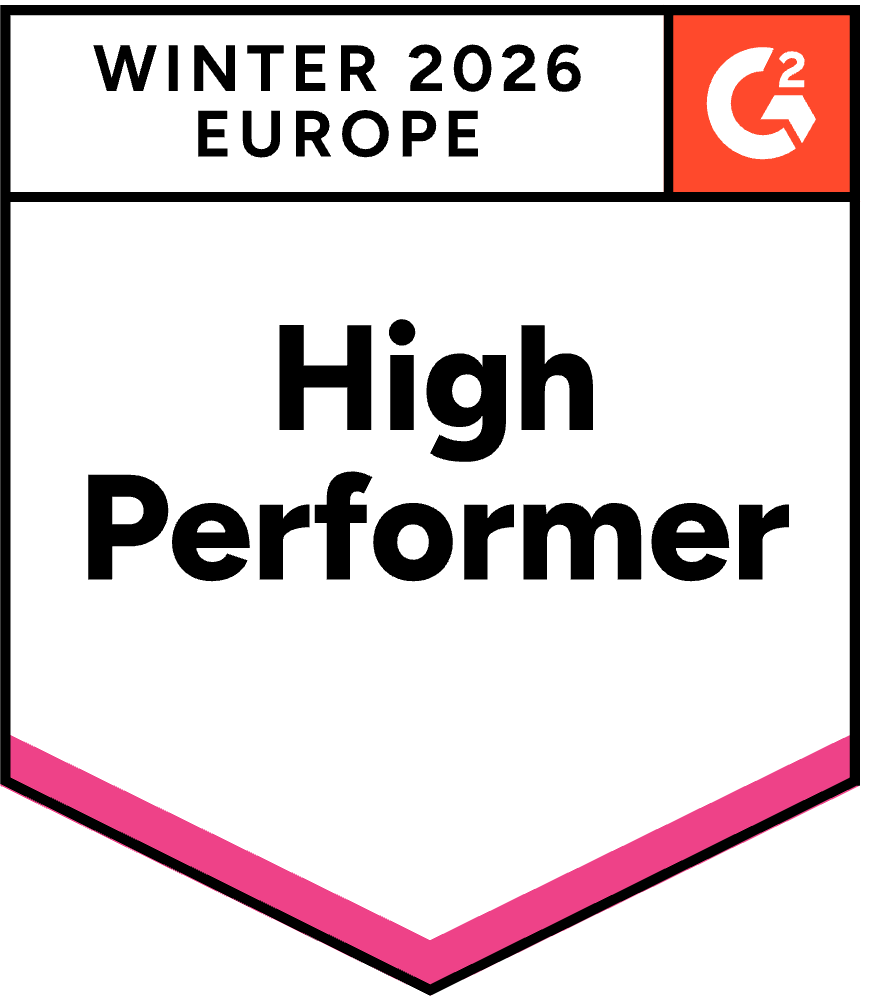

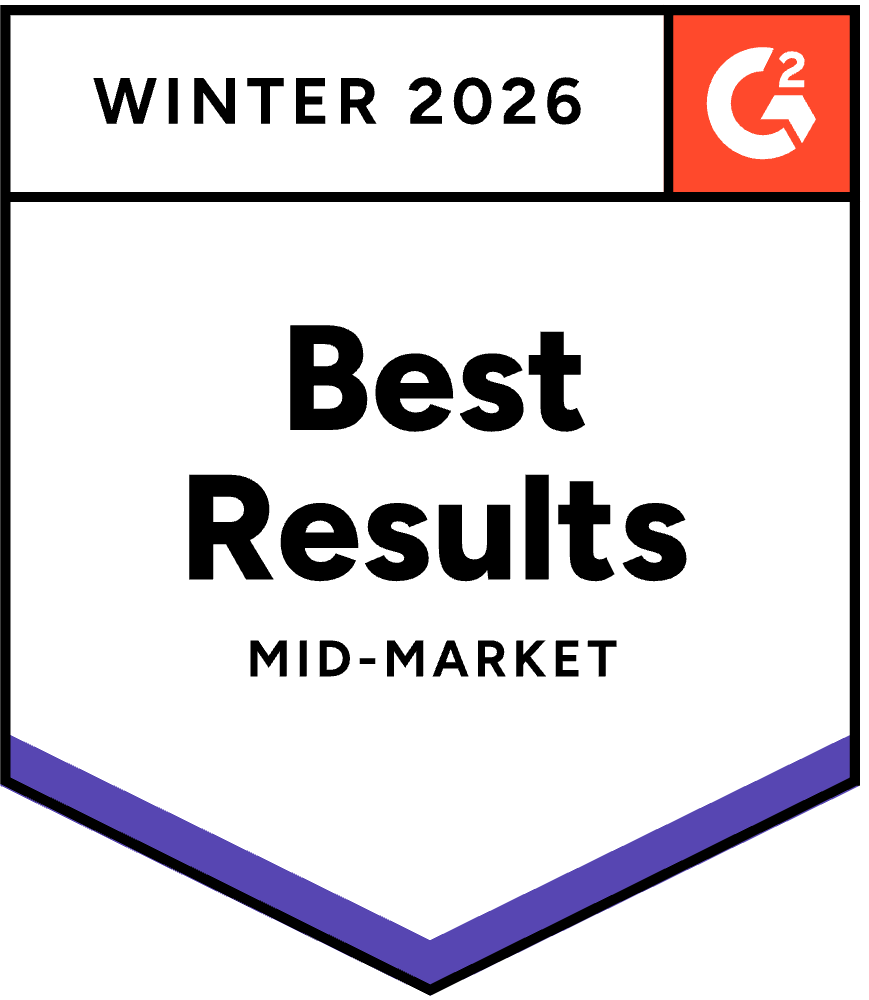


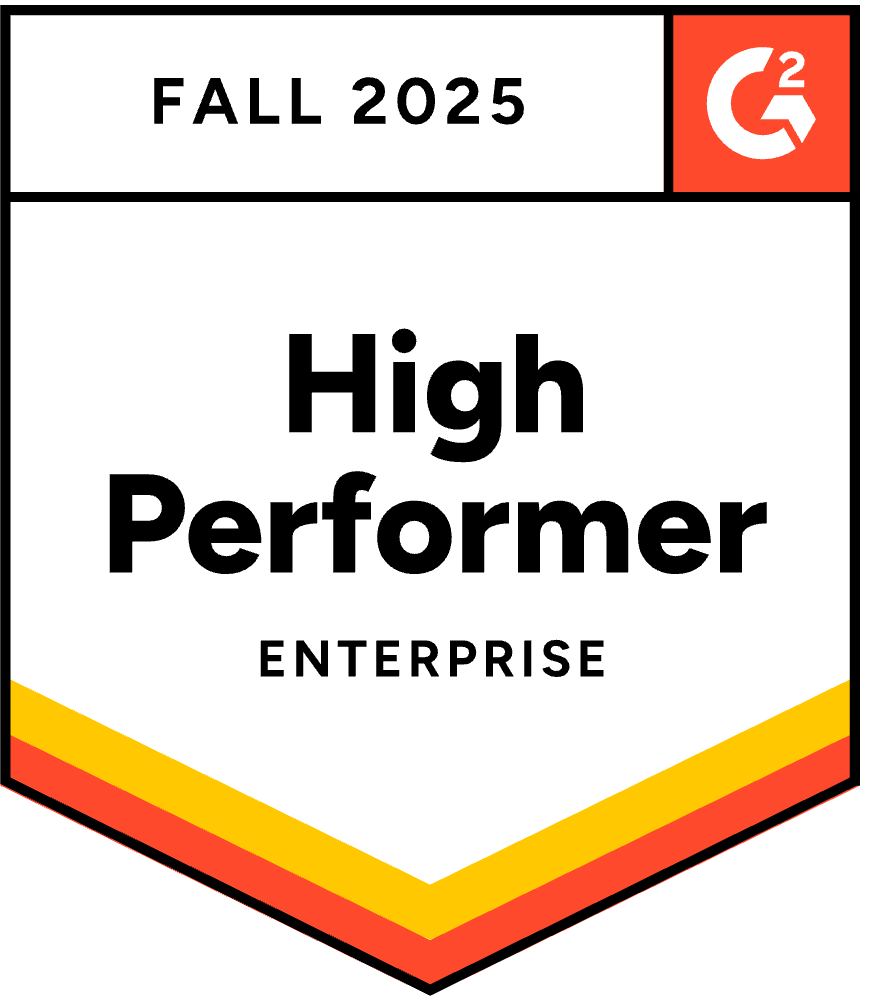


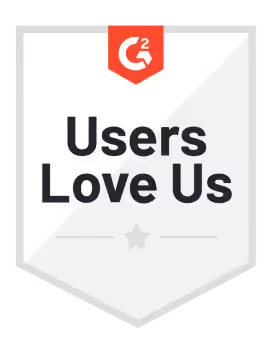
-p-500.png)
